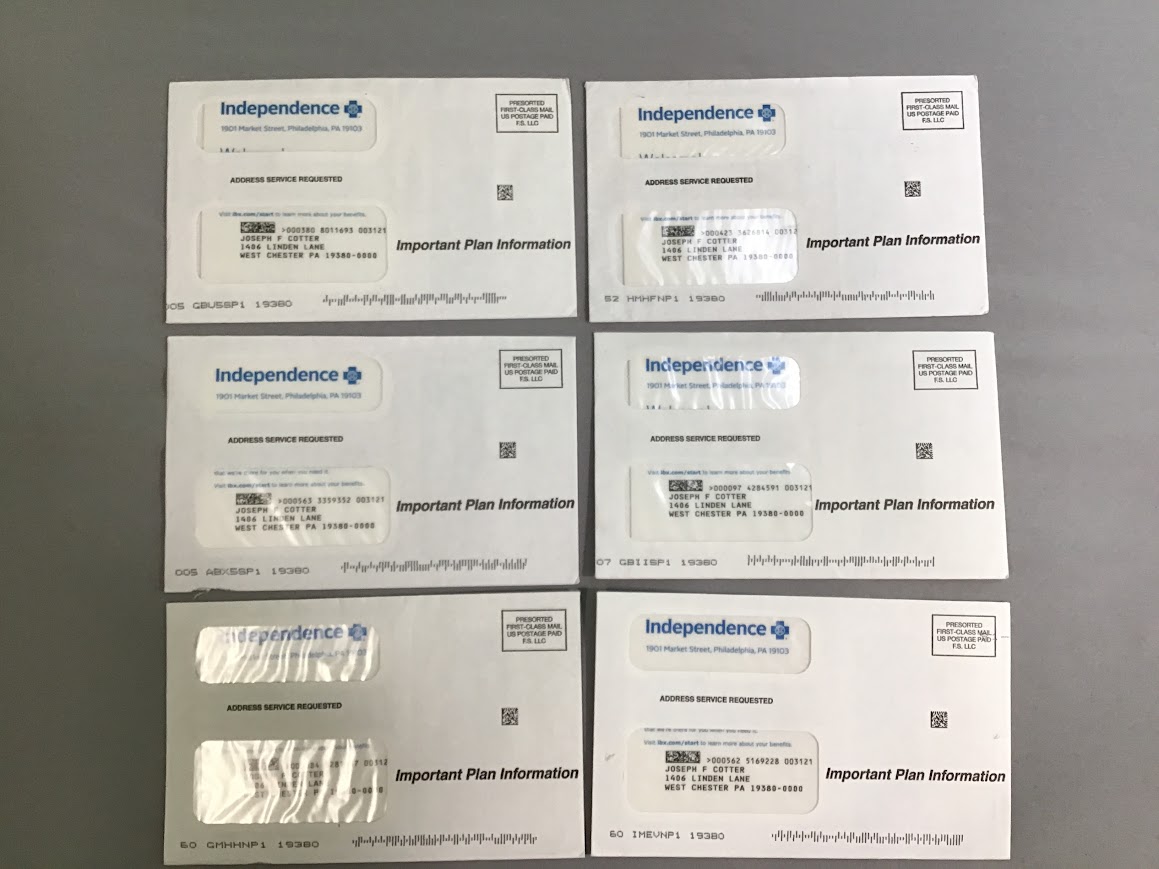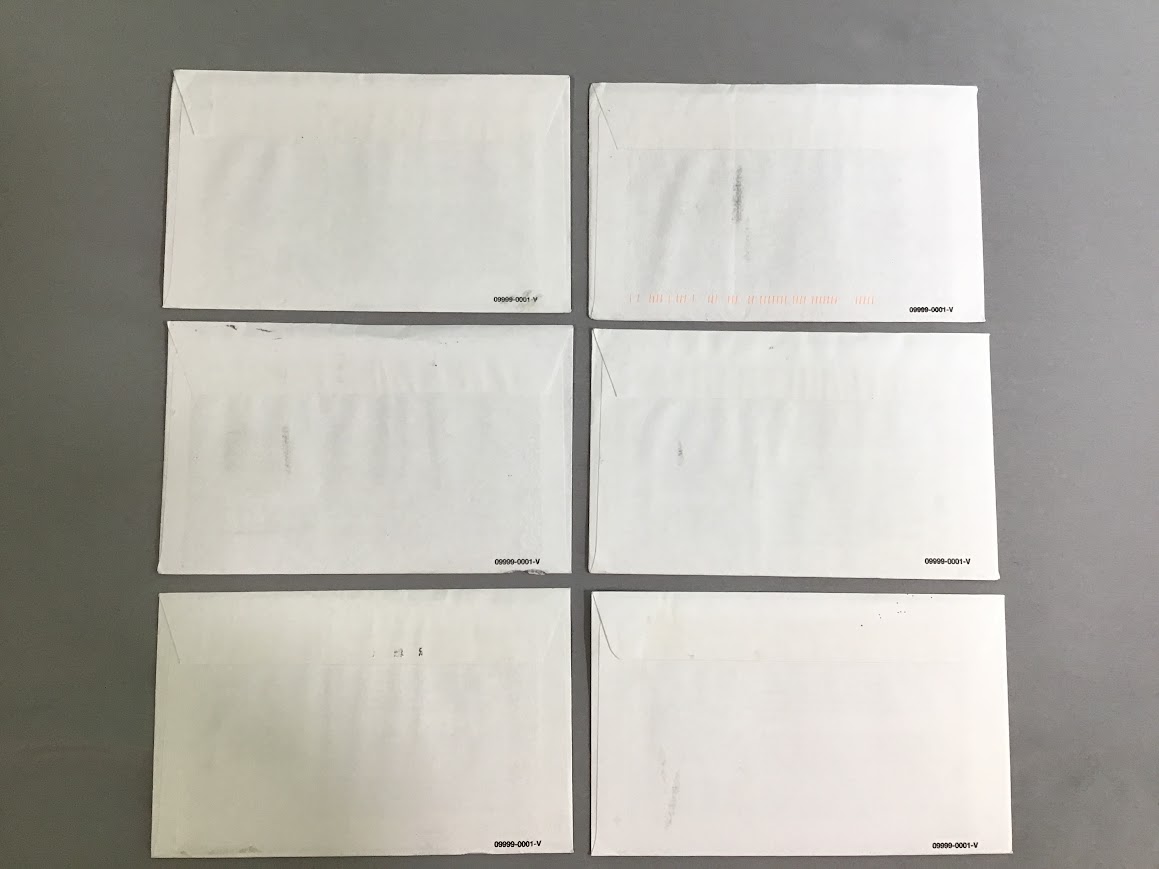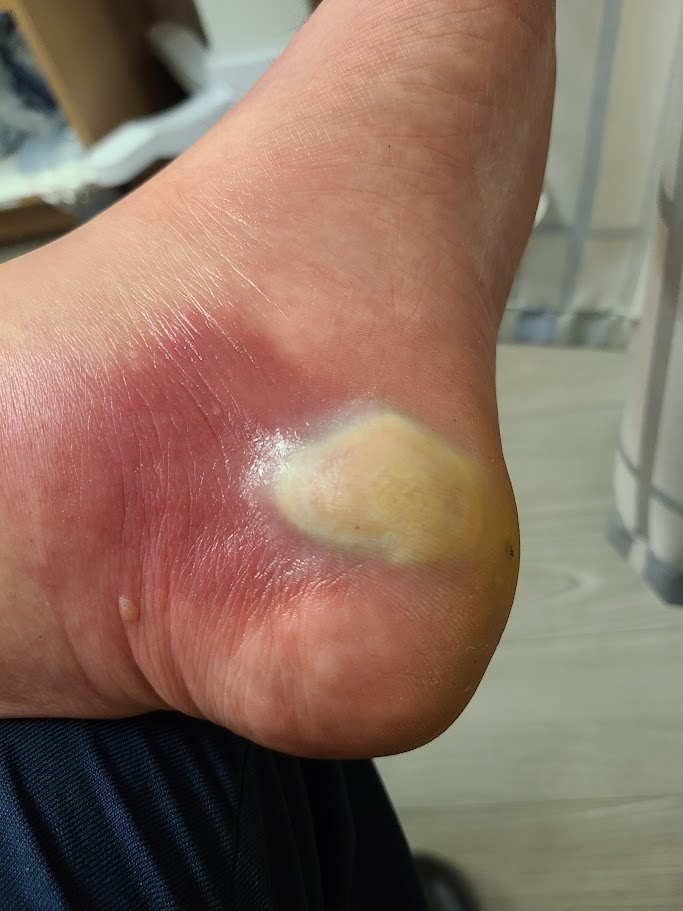Pandemic protection: The COVID-19 Coronavirus Pandemic has taught us that we need to work together. The virus did not ask anyone who was their insurance provider before it infected them. Therefore, it's a great disparity that some persons were able to get access to coronavirus resources such as vaccines, and treatment, and others weren't. Under the proposed law, if there is a significant contagion in the community, all health insurance providers will be REQUIRED to maintain a certain minimum set of behaviors. No one will be denied access to pandemic care simply because they are a financial burden to an insurance company.
Blind Diagnosis - This concept is borrowed from the e-Commerce industry, and is capable of protecting both the patient and the insurance company. in e-Commerce, many small mom and pop type businesses would like to sell on the Internet. However, accepting credit cards over the Internet is risky and dangerous due to ongoing and ever increasing cybercrime. This issue is resolved through merchant services. When the consumer goes to complete a transaction to one of these websites, they are seamlessly bounced from the vendor's website to the merchant services vendor. The merchant services vendor handles the credit card information, and then passes back a result to the vendor website as to whether the sale was successful or not. The vendor is protected because never can the consumer claim that the vendor had their credit card information, because in fact they never do have it. Likewise, in a blind diagnosis scenario, medical providers would submit diagnosis information directly to a government agency. The government agency will then pass a message to the insurance company such as Independence Blue Cross, as to whether the claim is payable or not. The patient would not be able to claim, as I do, that the insurance company weaponized the diagnosis information, because it's impossible as they never had it.
Refunding of Premiums - If it is determined that any insurance company has denied access to care for a period of 365 days, the insurance company will be required to return all of the premiums for that patient for that year. The premiums do not necessarily need to be returned to the patient, we don't want to encourage anyone to force premium returns. The money collected could go into a catastrophic fund for other Healthcare victims.
This small change makes a fundamental difference: When the insurance company collects premiums for a period of one year, and provides no service, they make 100% margin on the money they receive. If they are forced to return premiums, they make 0% margin on the same patient. Nobody wants to work for nothing. Independence Blue Cross is a very skilled financial organization. If we force them into a scenario where they make less money when they don't perform, their performance will increase.
See why I want this law
When a new card comes, and I still can't use the insurance, I put the card away in hopes that some day I can use it. Here are the last six cards:


Freedom of Insurance Reporting - I have spent the last 7 years paying out-of-pocket for all my medical needs. It has been very expensive. In addition, I pay 11 % of my income automatically to Independence Blue Cross. My technique is to learn from the internet and then buy products over the counter. When the scenario becomes too extreme, I go to urgent care and pay cash. I always fill out the forms the same way: I have no history of illness and I don't have health insurance. Although denying valid conditions does not allow the provider to treat me optimally, falsifying the forms is the safest way to get medical care without the risk of Independence Blue Cross finding out. In March 2023, I had a typical diabetic lesion. I have been able to thwart them in the past many times. This one became beyond my control so I went to urgent care as usual. In this instance, urgent care insisted that I was diabetic with infected blood and bones and that my condition required immediate emergency room treatment. No efforts to talk them out of it were successful. So I reluctantly when to the emergency room at the Paoli Memorial hospital. There, I had to argue with the intake staff. Their computers insisted that I have insurance via Independence Blue Cross. And I do. Technically. I tried everything in my power to broker it so that I would be on a payment plan directly with the hospital. They would not allow it. I then spent 4 nightmarish days and nights worrying that the hospital was go to submit my diagnosis to Independence Blue Cross, who could once again weaponize it against me. I also had to deny any diagnoses other then the ones they presented
I am seeking legislation that will allow the patient the option of not using health insurance regardless if they are covered or not. Without this legislation, I cannot approach an emergency room and am further isolated from medical care.
 HMO Law
HMO Law - HMO plans further restrict the patient to remain within the insurance program network. This should give the insurance provider additional onus over claims administration and customer service. Under the proposed law, insurance providers would be required to.provide minimum levels of.customer service and complaint management.when it's an HMO at a higher level than PPO and Indemnity plans, where the patient has the option of using out of network providers.
In Pennsylvania, healthcare lobbying has been a significant force, with large corporations and trade associations exerting influence over legislators. Here are some key points related to this topic:
Healthcare Profiteers and Lobbying Spending:
Healthcare has consistently been the top sector in lobbying spending in Pennsylvania for at least the past 10 years.
In 2022, nearly $30 million was spent on direct healthcare lobbying, around $11 million on Medicare and Medicaid, and over $13 million on insurance lobbying.
These expenditures surpass the total lobbying spending on energy, the state budget, and education combined.
Large healthcare insurers and hospital systems are major contributors to this lobbying effort.
Influence of Large Corporations:
Large hospital systems and health insurers wield immense power due to their critical care role and status as major employers.
The members of the Hospital and Healthsystem Association of Pennsylvania (HAP) employ nearly 600,000 people across the state, constituting about one in ten jobs statewide.
Lobbying Priorities: These healthcare entities lobby against:
Adequate nurse-to-patient ratios.
Policies holding hospitals accountable for medical malpractice.
Legislation requiring state Medicaid contractors to cooperate in good faith with labor unions.
Industry Trade Groups:
Companies collaborate through industry trade groups such as:
Insurance Federation of Pennsylvania
Hospital and HealthSystem Association of Pennsylvania